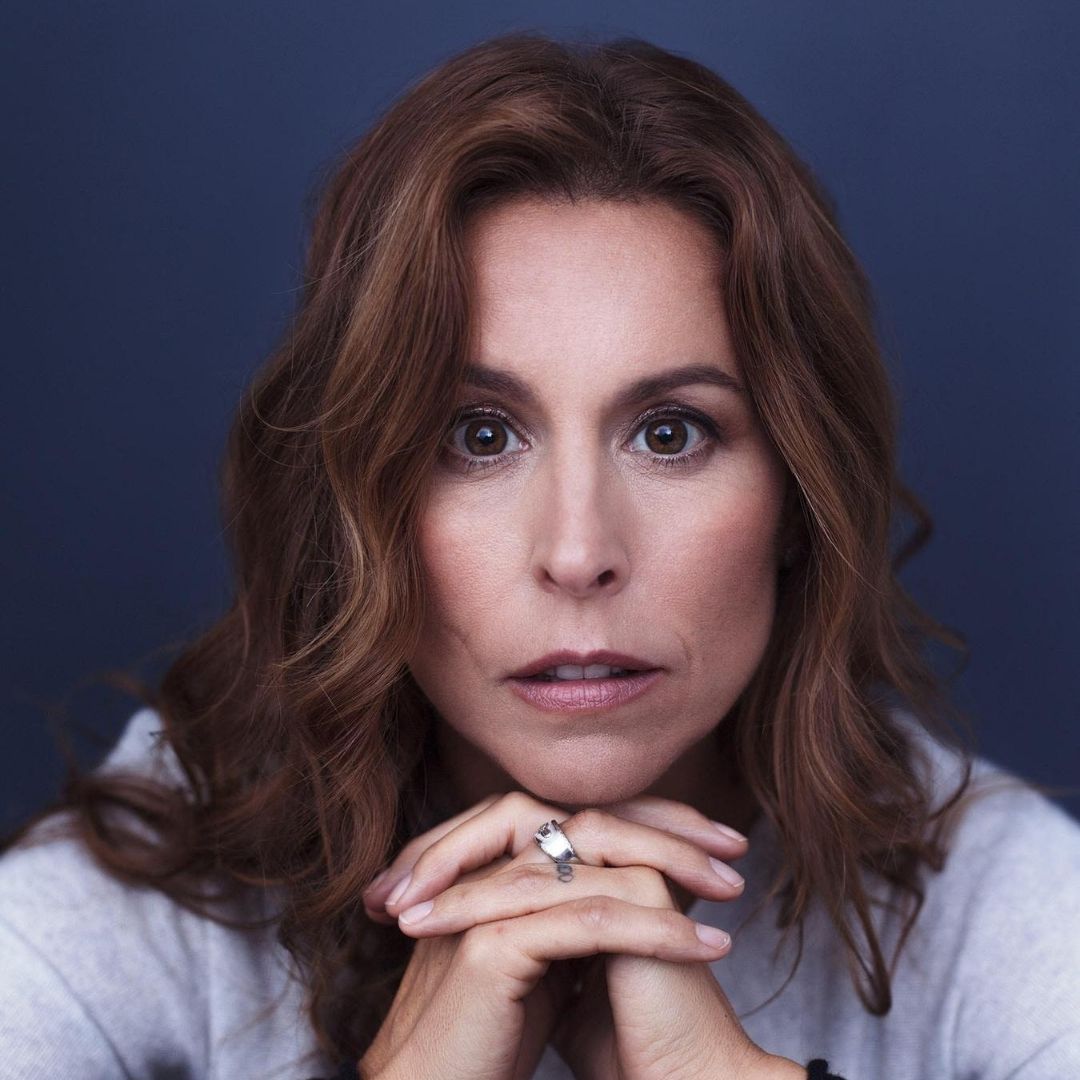Recovery Coach Spotlight: Stephanie Weiss
To help our guests and community understand who The Lighthouse is and what we provide, we’ve created a series to spotlight our amazing recovery coaches. Our first interview is with Recovery Coach Stephanie Weiss. Continue reading to learn more about her background and what brought her to working in recovery.
Can You Share With Us a Bit About Your Recovery Journey?
“I believe that my recovery journey started on June 1, 2015. That was the first day in the last 5+ years I did not have a drink. I was a 43-year-old, divorced, single mother of two small children, a successful entrepreneur, fit, educated, and had a severe drinking problem. I had always considered myself an alcohol abuser, not an alcoholic. After all, I was able to quit drinking for seven years straight, from age 27 to 34. But during a celebration of Italy winning the World Cup in the Bronx, I took one tiny sip of beer presented to me in a juice glass. That one tiny sip was the true taste of freedom for me. I felt like I was reconciled with a long lost friend.”
“I actually get emotional thinking of how relieved I was to have found what I thought was the remedy for my sadness, loneliness and frustration. However, alcohol proved to be my greatest adversary for the next several years. Binge drinking episodes, and attempts at modified drinking, quickly and fiercely evolved into incomplete resolutions of abstaining. I couldn’t seem to quit as I had done in the past. I’m a personal trainer and fitness coach, and I professed health and wellness to my clients. I was lying and hiding the truth about my drinking. I was trying to walk my talk with broken legs.”
“I like to believe it was God’s words that helped me. My pastor said ‘why don’t you check out one of those meetings and see if you can relate to anything?’ I resisted going but eventually, with determination for an answer, visited a 12-step meeting. I wish I could say ‘that was it! I was ok!’ But the truth is that it was very hard in the beginning and I felt very alone and disconnected, but I still refused to drink. The more time I spent around other people in recovery, the more accepting I was of my own affliction. I could identify myself through other’s stories and shares. I learned that sharing my own story helped others and at the same time, strengthened my own recovery. I chose to recover out loud with the hope of helping anyone out there still suffering, just to let them know they are not alone. There is a remedy! By speaking my truth I can now walk my talk with integrity. When my legs get tired I rely on my sober communities for strength and endurance, not just myself.”
What Inspired / What Considerations Made You Pursue Training as a Recovery Coach?
“I’m always curious about how people got sober. I spoke to a fellow sober friend at a meeting, and I asked him how he started his recovery. He said he used a sober coach as he was too embarrassed to admit in front of a lot of people he had a problem. I totally understood where he was coming from and started researching recovery coaching. I thought if I applied my skills, experience, and passion toward helping people achieve their goals in the world of healthy living, I could help people in the same way with their recovery.”
What Do You See as the Benefits of Recovery Coaching?
“I believe a recovery coach is an experienced tour guide on potentially one of the most difficult and important journeys of your life: getting and staying sober. It’s discreet, personal, and designed for the client based on what the client’s goals are. It’s positive motivation and inspiration mixed with reality and truth-telling around the client’s affliction so they can have the life they want. It’s an opportunity for personal growth and evolution while dealing with your disease.”
You Clearly Could Have Pursued Coaching on Your Own… What Made You Decide You Wanted to Be Part of the Lighthouse Recovery 365 Team?
“The Lighthouse had me at ‘you don’t have to do this alone, Steph.’ In fact, those were the words of Trey Laird, founder of The Lighthouse, to me at several recovery network events. I did consider doing my own thing at first, but soon realized I want to model my coaching after my own recovery, in which being part of strong sober communities has been integral. After my initial meeting with the team at Recovery 365, I raised my hand to be part of the group. It’s a growing, strong, sober community with integrity, confidence and compassion. It’s exactly where I want to be.”



